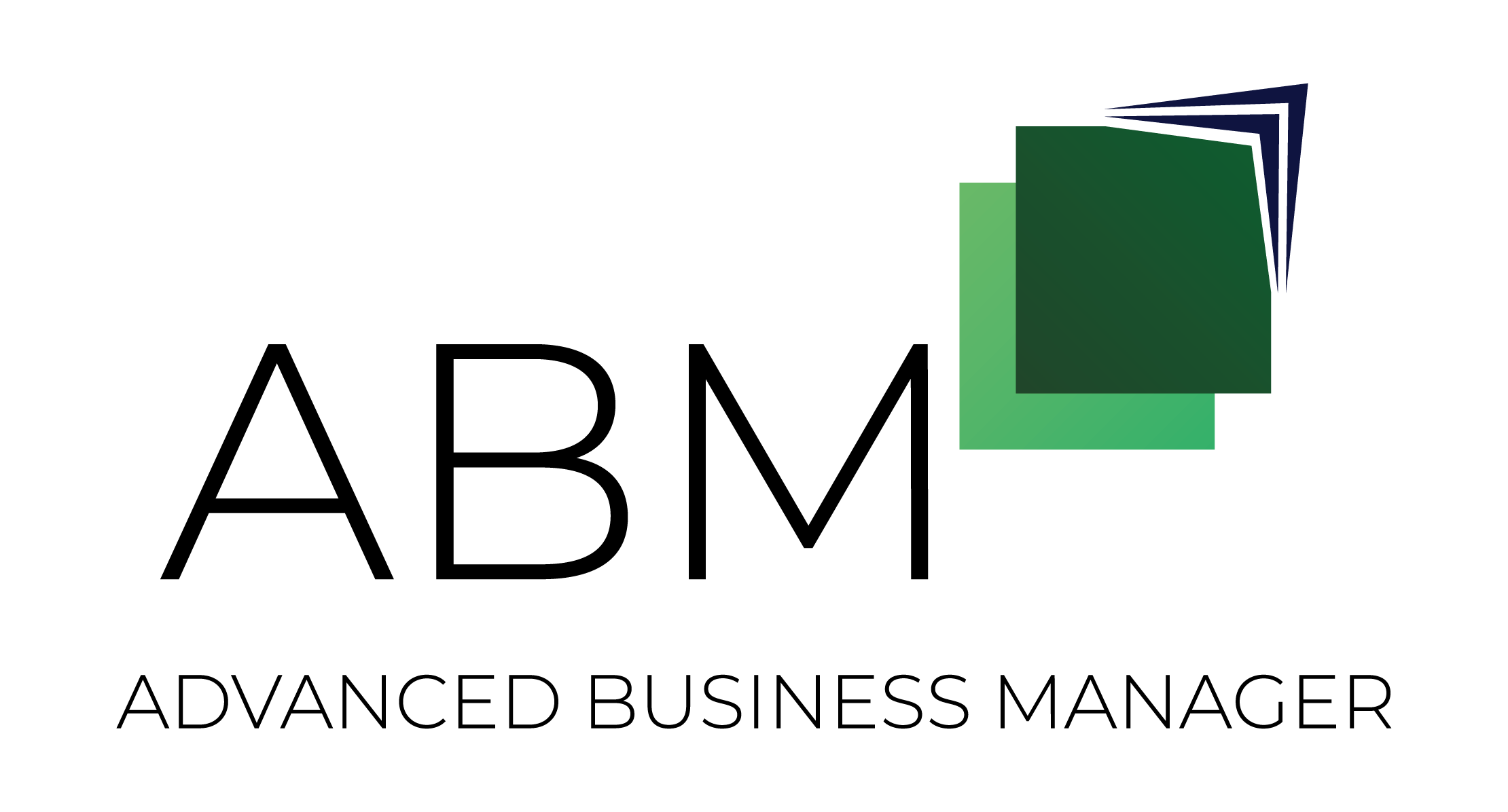The early days of growing your company was probably easy; all of your clients’ information likely could’ve been kept on a couple of well organised sheets of paper.
But owners lucky enough to gain traction in the market are beginning to realise the hardest challenge still awaits them. Maintaining the success of a small business can sometimes be even more difficult than it was to start up. Without the right infrastructure, staff and tools in place, the increased sales and revenue streams can become bigger headaches than boons.
Business management software has made strides over the past decade and is a premier tool for sustaining growth because of its ability to save time on multiple fronts – something that 83 per cent of small enterprise owners find a lack thereof to be the biggest barrier to their success, Entrepreneur reported. Here are four platform features that could help you maintain control in a period of growth that’s notoriously hectic.
 There’s a lot on every business owner’s plate, but management software can help.
There’s a lot on every business owner’s plate, but management software can help.The big four
Before testing new wp-contentlications or retaining the services of the most affordable bidder, you’ll want to know what is most likely to determine long-term success. The Harvard Business Review (HBR) found that companies which sustain prosperity usually have reliable management strategies in place for the following resources:
- Financial;
- Human capital;
- IT infrastructure; and
- Enterprise.
While you won’t find one digital platform that covers all of these aspects, ideally you’ll want one that can automate a number of key business functions, such as bookkeeping, timesheeting and structured stock. The data should be able to flow fluidly between the various programs; there’s really no time being saved if personnel are logging in and out multiple times to extract numbers.
1. Accounting
Perhaps the most pervasive obstacle for most budding companies is their finances. This can be an especially tricky field for manufacturing organisations who often deal with trade credit or overseas clients. Regardless, the enterprise’s livelihood depends on the error-free functionality of this department.
Accounting software becomes an asset for small businesses.
The quintessential business accounting software would handle the basics like budgeting, project costing and balancing the sheets with ease. It should also provide ultimate customisation, such as flexible billing periods and automated tax calculations. If integrated correctly, Ellen DePasquale believes it can be an asset to a company’s growth through its collection of highly up-to-date information on clients.
“It becomes a tremendous database about your customers,” DePasquale told Business News Daily.
Most importantly, your bookkeeping platform should connect seamlessly with other key functions of your organisation , like project invoicing or subcontractor claims. It’s then able to pull data in real-time from other departments to ensure there are no errors in transferring information.
2. Customer relationship management (CRM)
Growing businesses that continue to take on clients should have a robust CRM in place to assist sales personnel and other influential staff members in retaining and acquiring new customers. It should feature seamless access to corporate and personal details of the prospective company and its representative, as well as a sales pipeline tracker that can categorise each step of the cycle.
 Help your sales team acquire more clients with a CRM.
Help your sales team acquire more clients with a CRM.While your team may have a system already in place, it’s likely the industry has already far surpassed its usefulness. On-premise legacy software that utilise spreadsheets or something similar were dominant in 2008 with 88 per cent of businesses having them, according to a Software Advice study. Now 87 per cent of respondents are on the cloud.
Making that switch allowed them to integrate a mobile CRM that can support their traveling salespeople – a characteristic of highly successful client acquisition departments. Roughly 65 per cent of organisations that had a mobile-ready solution in place reached their quarterly quotas, compared to just 22 per cent of those that didn’t, IBM reported.
Customers demand the most out of companies now more than ever before. Without a CRM in place to enable quick access to records, campaigns and other important information, sales teams will struggle to keep up.
Automate import costing to avoid costly currency conversion errors.
3. Import costing
The internet has created a global world of trade, and that rings most true in day-to-day corporate operations. Manufacturing and retail in particular have come to rely on imported goods – whether they be for their own products or customers.
Given the uncertain geopolitical landscape and the associated volatility in currency exchange rates, it would be wise of small businesses to integrate an import costing platform that can work in tandem with inventory stock management and the accounting software already in place.
Doing so will allow for the calculation of tax-related fees like VAT or GST or other costs owed by clients to be automated, vastly reducing the chance of error. When it comes down to it, placing the burden of this task on the platform will free up time, not only for management to better dictate the future growth of the company, but also for the personnel that have to deal with this routine daily.
4. Business intelligence
It’s likely that your company didn’t give big data a second thought in the early stages. A surprising 35 per cent of start-ups don’t give it the time of day, according to Tech.Co. But the fact of the matter is, your organisation is more than likely generating a staggering amount of data every day – you just don’t know how to use it.
 Business intelligence software should visualise your organisational data.
Business intelligence software should visualise your organisational data.Spreadsheets are ancient in the modern era of analytics. Not only are they time consuming to create, but they’re difficult to continuously manage. With the right digital platform in place that already shares data among certain sources, like accounting software would, companies would simply need a programme that automates the collection, interpretation and generation of insights.
This is where connectivity is required most. Your small business management software should come with an optional module to integrate an wp-contentlication that can handle your business intelligence needs. If it doesn’t visualise reports, then it’s not worth the time. Remember: The key here is to move away from time consuming activities and towards delegating key functions that can improve the health of the business.
With these four aspects of your operations covered, you’ll be well on your way to maintaining success. Contact an Advanced Business Manager representative today to learn more.






